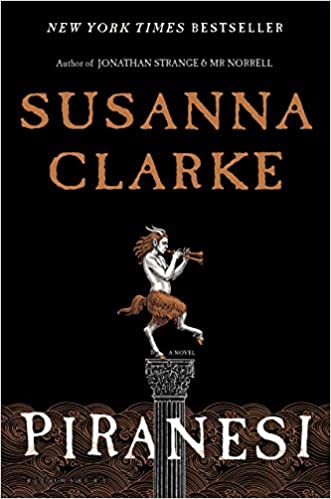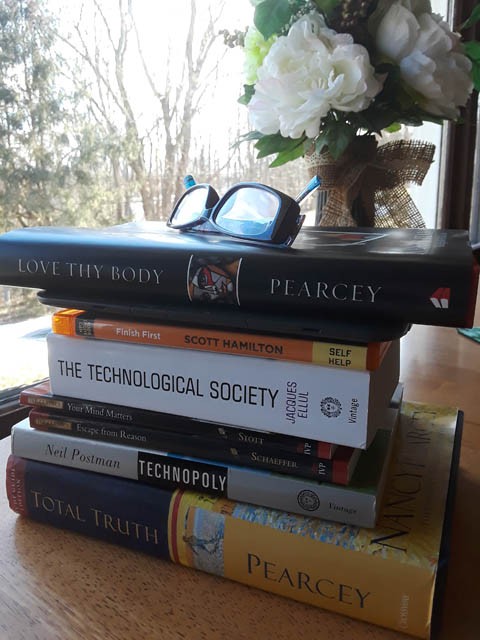Frightened Princess
September 19, 2007
George MacDonald’s The Princess and the Goblin contains some real gems wrapped up in a children’s book. One of its preoccupations is fear–what it is, and what it does to us.
The story is about a princess targeted by goblins–a disfigured race of once-human creatures who retreated underground when they were treated unjustly by one of the princess’s ancestors. Great pains are taken to make sure the Princess Irene (8 years old) is never allowed out after dark, lest she be kidnapped and dragged underground.
One night she and her nurse stay out too late and in her panic to get home, the nurse gets them lost. A young miner boy rescues them by singing, because the goblins–already leering behind rocks and creeping close on either side of the path–can’t bear rhymes or music. Curdie, the miner boy, also knows the deeper secret: “If you’re not afraid of them, they’re afraid of you. I’m not afraid of them. That’s all.”
Later in the story a goblin cat leaps through the window into the princess’s sitting room. Terrified, she runs outside and into the woods–the most dangerous place she could be. “It was foolish indeed,” confides the narrator, “thus to run farther and farther from all who could help her, as if she had been seeking a fit spot for the goblin creature to eat her in at his leisure; but that is the way fear serves us: it always sides with the thing we are afraid of.”
Fear in the story always goes hand in hand with doubt. Why didn’t the Princess run upstairs to where her seemingly enchanted grandmother lives? Because “she imagined the creature running up those long ascents after her, and pursuing her through the dark passages–which, after all, might lead to no tower!”
So, MacDonald highlights these qualities of fear: it puts its roots down in doubt (What if the grandmother isn’t there?); it disorients (the nurse loses her way in her terror); it seeks to destroy us (‘sides with the thing we are afraid of’). But the enemy in the story only has power when feared. The goblins scurry away from Curdie and those like him, simply because he refuses to be afraid of them.


